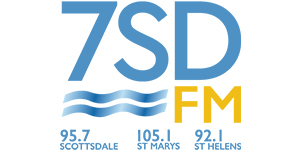A recent study from Brazil has revealed an alarming finding: sharp-nose sharks along the country’s coast have tested positive for cocaine. Researchers from the Oswaldo Cruz Foundation conducted this groundbreaking investigation after concerns arose about drug pollution affecting sea life, a problem intensified by drug trafficking in nearby regions.
In this study, the team dissected 13 wild Brazilian sharp-nose sharks, sourced from local fishermen, who inhabit coastal waters where pollution is prevalent. Using advanced liquid chromatography techniques, they searched for traces of cocaine and its main metabolite, benzoylecgonine. Astonishingly, all the sharks tested positive, with cocaine levels reaching concentrations up to 100 times higher than those documented in other aquatic species.
Interestingly, this story was foreshadowed by adventurous filmmakers. They depicted it in an extremely B-Grade movie titled Cocaine Shark, released last year.
This significant discovery marks the first-time cocaine has been found in free-ranging sharks, highlighting a critical gap in our understanding of drug contamination’s effects on marine life. While the research opens new avenues for exploration, it underscores the need for further studies to comprehend the long-term impacts of such pollutants. The findings were published in Science of the Total Environment.
In related news, the US Coast Guard recently seized over 14,100 pounds of cocaine in the Caribbean, reinforcing the gravity of this ongoing issue.
For more B-Grade movie reviews tune in to ‘You Ain’t Seen Nothin’ Yet’ below and for everything else news, choose iHeart Radio!








